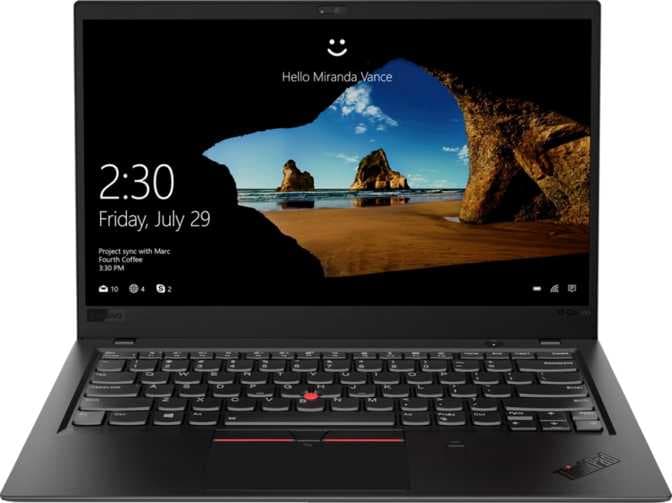Historial de precios
mín
máx
fijo

Behoof


Rendimiento
Pantalla
Tarjeta grafica
Autonomía
Almacenamiento
Conectores
TipoIPS, LCD, LED-backlit
Densidad de pixeles157 ppi
Tamaño14 "
RAM16 GB
Capacidad1000 GB
Geekbench 5 (varios)2712
Geekbench 5 (único)927
mín
máx
fijo